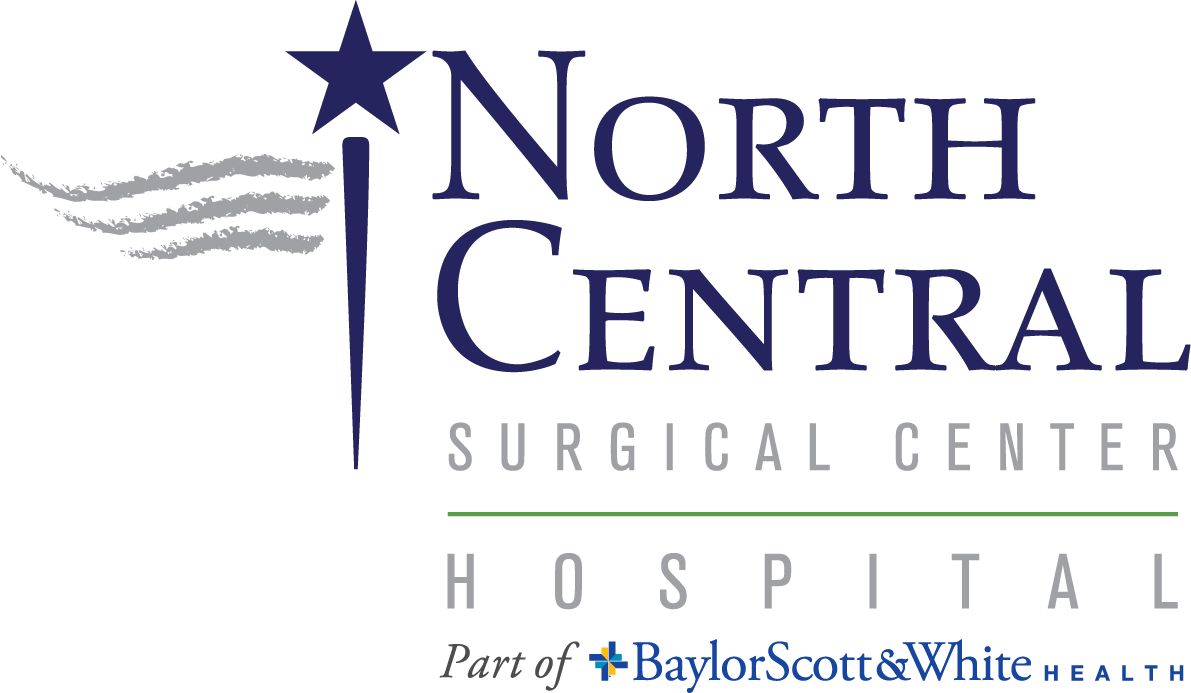
Rapid recovery surgery is an innovative and advanced approach to surgery that seeks to address one of the major concerns most patients considering surgery have – being laid up in bed for a long time as they recover from surgery. Let’s consider some of the features of rapid recovery surgery.
Less Invasive Surgery: The surgery is usually performed through small incisions and uses specialized instruments that minimize damage to healthy tissue. Patients have less blood loss and smaller scars from the surgery.
Better Pain Control: A multimodal approach may be employed which combines IV and oral medications to maximize pain relief and minimize risk of complications due to anesthesia.
Prehabilitation: In case of joint replacement surgery, patients may be advised on exercises to be performed before the surgery to strengthen the muscles that surround and support the joint in order to improve surgical outcomes.
Early Mobilization: Patients will be encouraged to get out of bed and start with physical therapy exercises as recommended by their doctor or physical therapist as soon as possible after the procedure. This will help them regain function faster and reduce the likelihood of blood clots and other complications that could occur with prolonged bed rest.
Better Patient Education: Right from the initial evaluation, patients and their families will be provided with detailed information about the surgery and how soon they can reach postsurgical recovery milestones such as weaning off of pain medications, being able to drive, and returning to work.
Possible Outpatient Procedure: For many patients rapid recovery surgery may be performed as an outpatient procedure which allows them to be discharged on the same day as the surgery or after a short overnight stay.
Has it been recommended for you to have surgery, but you would rather not spend too much time away from work or activities you love? Visit your specialists to find out if you might be a candidate for Rapid Recovery Surgery.
At North Central Surgical Center, our mission is to treat each and every one of our patients, and their families, as if they were our own family member. Each patient, each family, each and every time.
